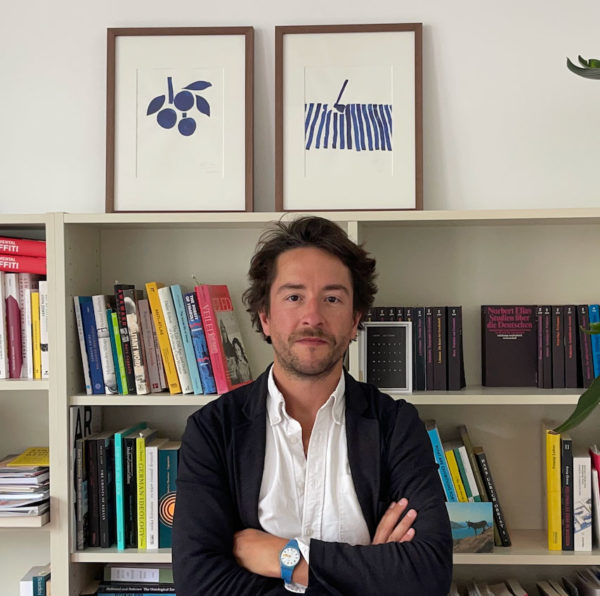I want to begin this first “note from the Secretary” by thanking my predecessor, Monica Heintz, for her diligent and careful handover to me, and for her hard work over the last years. It has been a tumultuous year for everyone, but as anthropologists based in or working on Europe, it has never been more poignant to reflect on the polarisation of this world and how we can understand and transform it. For that reason, we are working closely with the wonderful team for EASA2026 in Poznań, who have developed this incisive theme. The Call for Panels is now open, so we hope that many of you will put in applications for papers and panels, but do not hesitate to get in touch if you have an idea for an event that does not fit the existing formats.
As our president, Hayal Akarsu, has pointed out in her letter, the topic of the conference is painfully poignant. While it may not have traditionally been the role of the secretary to comment on ongoing developments, I felt compelled to do so by the realities of the messages that reached us. Within six months of being in this office, the Secretary email inbox has received several attacks from right wing lobbyists, lawyers, and journalists, including one particularly disturbing example of hate speech directed at members of the executive and our discipline. Our discipline has been defamed by right-wing media outlets and pundits as a disease to be exterminated, echoing racist and anti-Semitic language from the darker periods of European history. The lower they reach, the higher we aim.
And that is what you, members of EASA, have done, too. Many of you reached out with brilliant ideas for public anthropology, students applied for funding to travel, applications for our posts were enthusiastic and encouraging, and of course, we also received solidarity form colleagues ranging from Iceland to Turkey. This is heartening and it gives us reason to hope. In fact, to remain optimistic in such times becomes a strategy of survival.
Within the Executive Committee, we have been thinking intensely about how we can address the growing populist suspicion towards critical social sciences and how to make our voices heard. Besides the Integrity Committee and the Working Group on Human Rights and Academic Freedom, we have therefore launched a call for a new Working Group for Public Anthropology, which will help us coordinate our activities aimed at using different modalities of research and sharing our findings and voices more widely. This includes initiatives such as the European Anthropology Days, but it expands into our wider strategic plan.
For that reason, we also want to experiment more with how we communicate with you through different media and modalities, opening our social media channels with reels that discuss our newsletter items for the first time, and calling all our networks—who are the pulsing heart of EASA—to reach out to us with ideas. It is in community and in solidarity with each other—not through polarisation—that we can affect positive change in this world. As the German philosopher Ernst Bloch, writing in exile, reminds us in The Principle of Hope: “Es kommt darauf an, das Hoffen zu lernen.” (“It is a question of learning hope.”)
